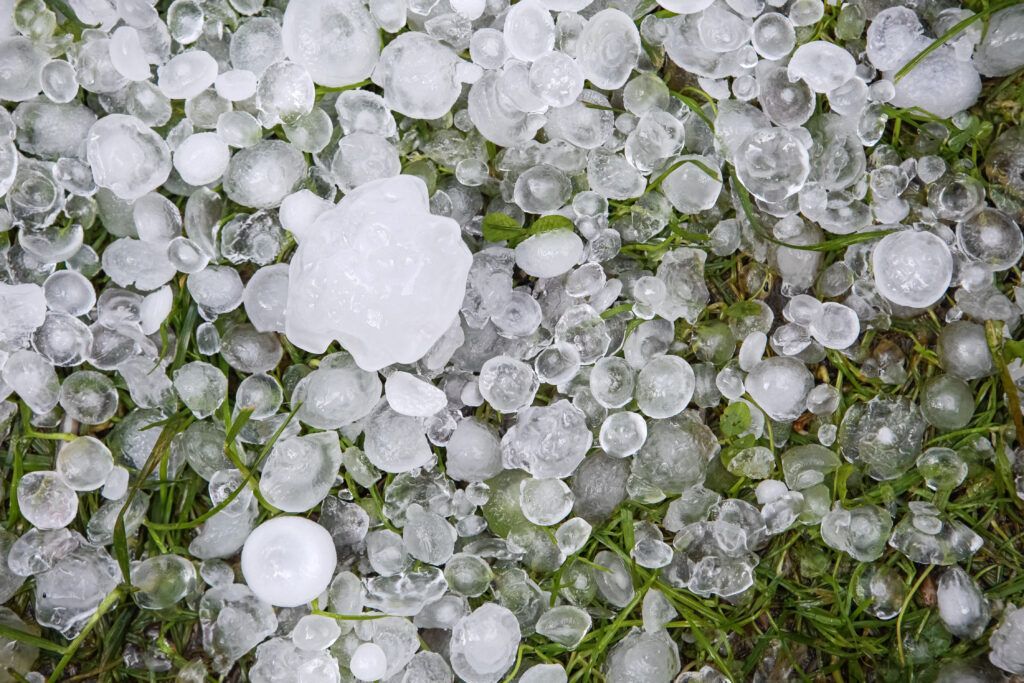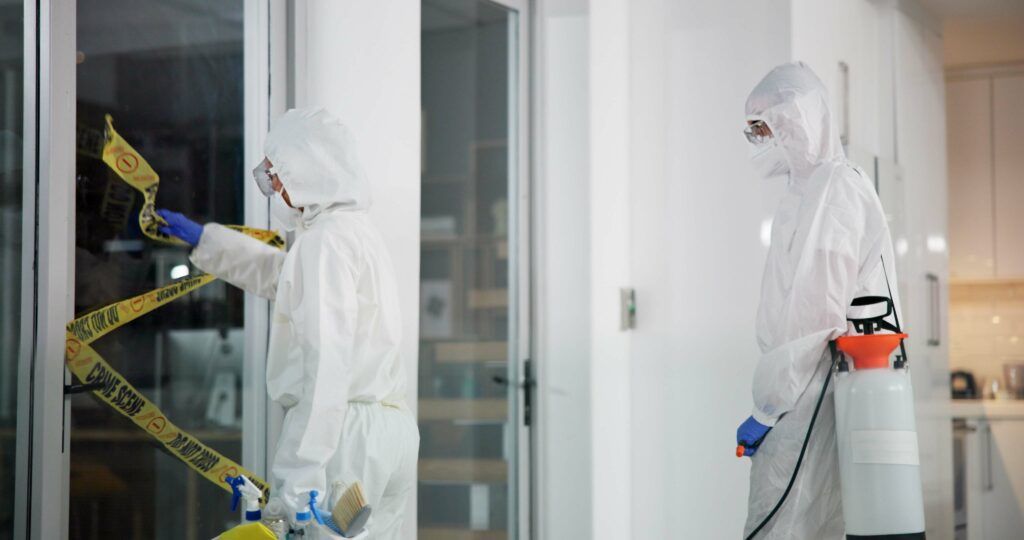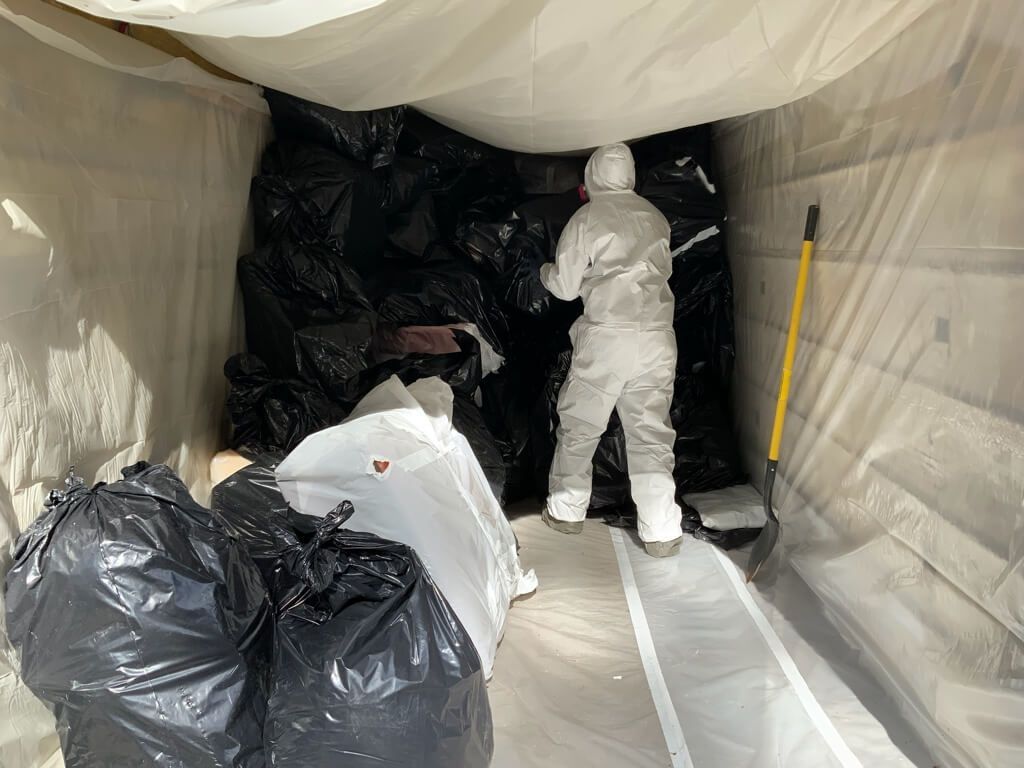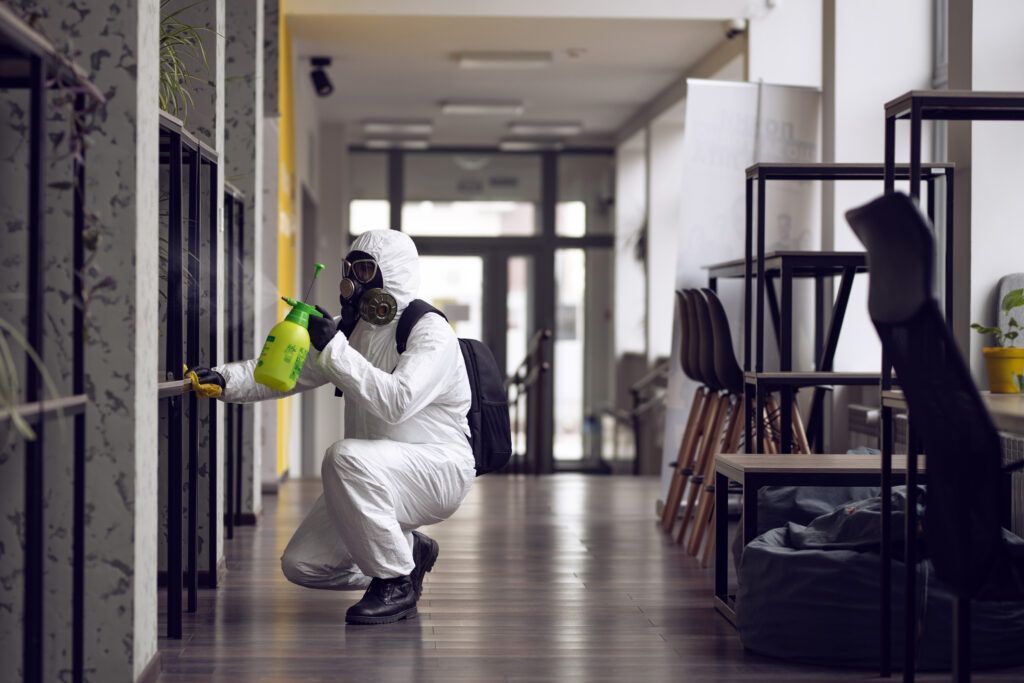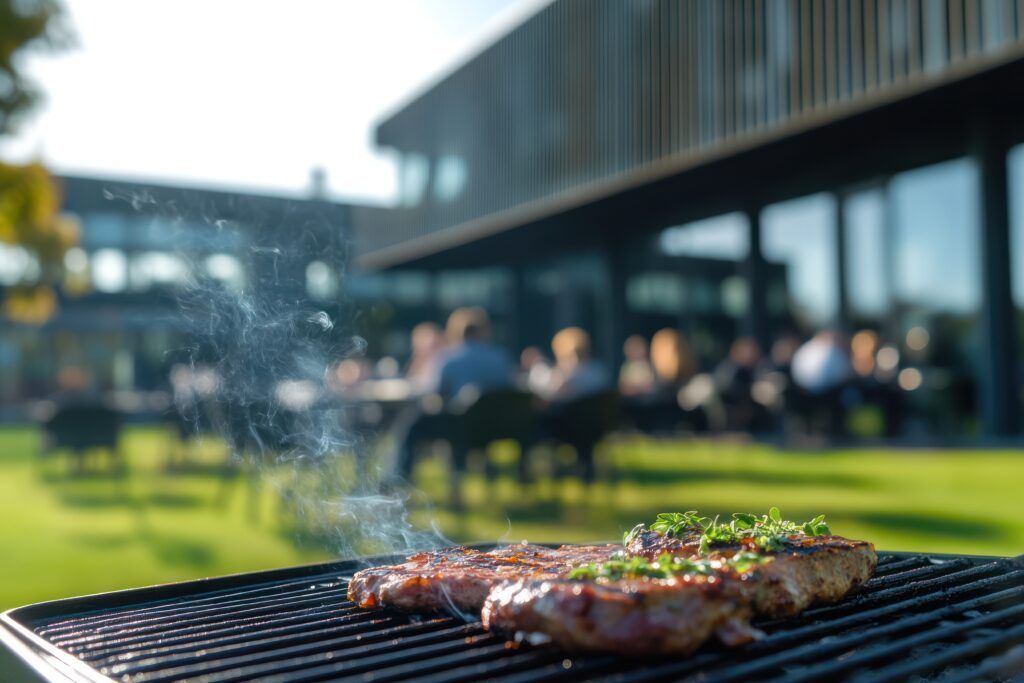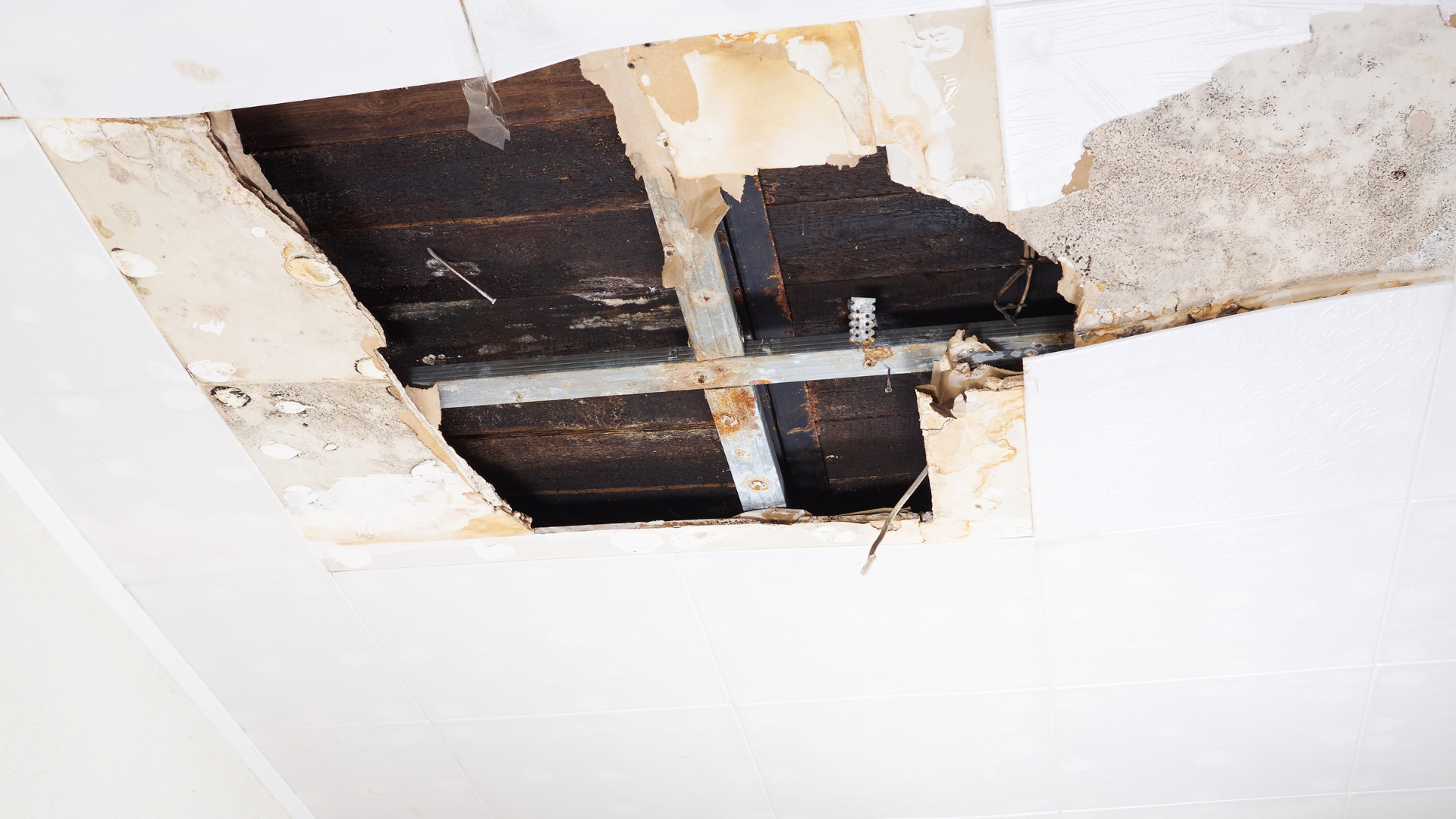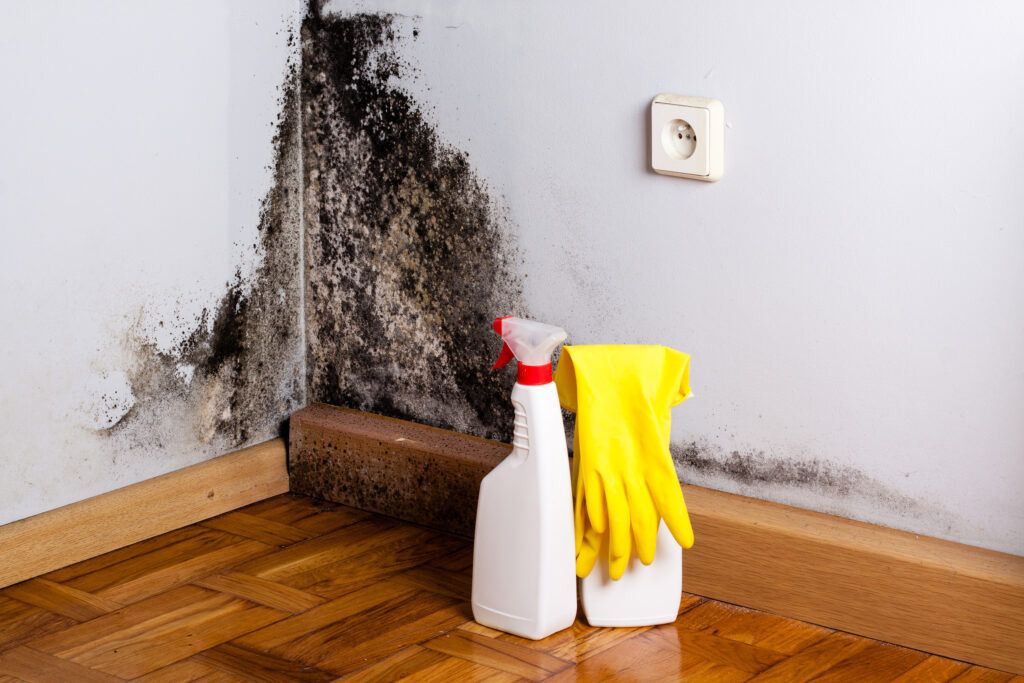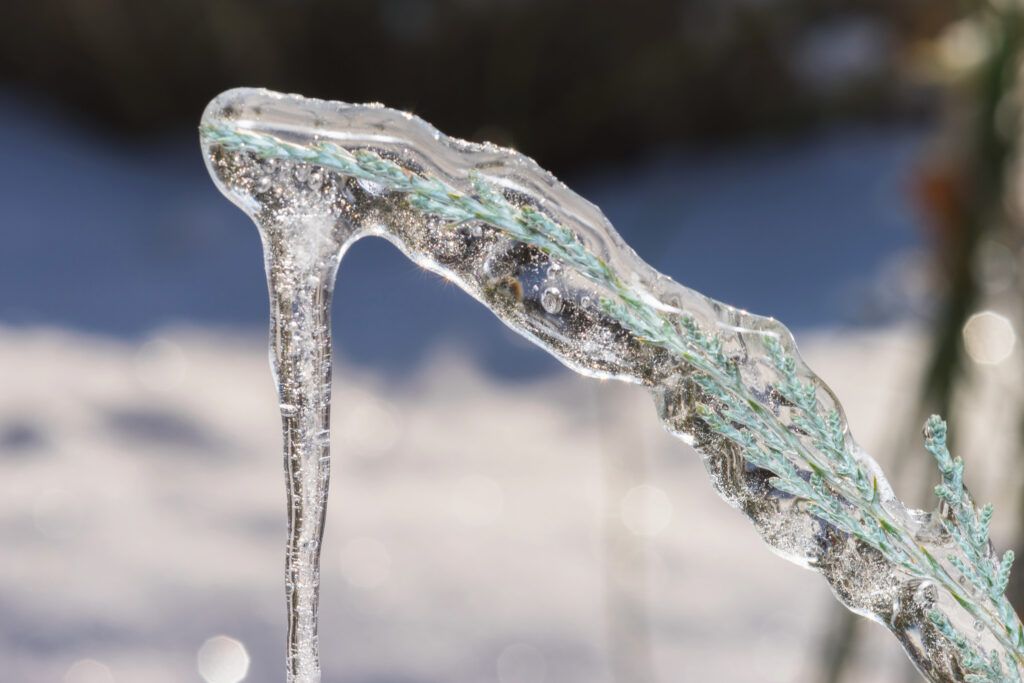Do Frozen Pipes Always Burst?
The answer to "Do Frozen Pipes Always Burst?" is that it depends on many variables. One variable is how much water is in your pipes. The more water that freezes and accumulates in one area of a pipe, the more likely it is for the pipe to break or burst.
But, if you set your faucets to drip, you will relieve some of this pressure and possibly prevent your pipes from bursting.
Temperature is another variable that affects whether frozen pipes will burst. If the frigid temperature increases slowly enough, the frozen water transforms back into free flowing water.
In this scenario, the pressure building in your pipes will decrease and they will be unlikely to burst.
However, in the absence of a drip system, or if temperatures rise erratically, or remain frigid for long periods of time, your frozen pipes will have a high likelihood of bursting.
The answer to "why do frozen pipes burst?" is simple. As water pressure increases, it puts a strain on the materials and seams. When that pressure overwhelms your pipes, they break.
It's best to call a professional water disaster restoration company, like HRS Restoration Services, when dealing with frozen pipes. Companies like us have the experience, training, and tools to slowly and safely unfreeze your frozen pipes.
HRS has received high reviews from customers who appreciate our 24/7 availability and rapid response time.
If your pipes have already burst, our team can clean up the water damage and remove any mold or mildew that occurred as a result. Our Denver water damage restoration crews are standing by!
Call us today to set up an appointment or for more information about our frozen pipe services!
Why Frozen Pipes Burst
Frozen water pipes burst due to three common reasons, including:
Increased Air Pressure
Pipes Not Properly Secured
Shifting ground due to earthquakes or other factors.
The first, increased air below we take a closer look at these three common reasons for pipes to burst.
Pressure
Many people ask, "why do pipes burst in the winter?" Despite a common misunderstanding, it's not the frozen water or ice in your pipes that causes them to burst: it's simple pressure.
When the frozen water expands down the length of the pipe, the air inside the pipe becomes pressurized between the ice and the tap.
It's this extreme air pressure that causes the pipe to rupture.
Unsecured Pipes
Have you heard a clanging sound when water moves through your pipes? If so, your pipes may be unsecured. Unsecured pipes can break and the water moving inside your pipes will end up inside your home.
There's a related problem called "water hammer" that happens when water flowing through a pipe at high pressure is suddenly stopped by a closed valve. The energy of the moving water has to go somewhere, so it bounces off the valve, creating a quickly filled air pocket, and resulting in a loud banging noise.
External Factors
Mother Nature may also play a hand in whether your pipes burst. If you have trees and other vegetation close to your home that absorb a lot of water from the soil, this can cause the rest of the soil around and under your home to shift.
This soil shift can put stress and strain on your pipes and jostle them loose.
Additionally, earthquakes and mine subsidence can also lead to your pipes becoming less stable and thus more likely to leak or burst.
Which Pipes Are Most Vulnerable
There are two scenarios where pipes are the most vulnerable to freezing and bursting.
The first is when pipes are not insulated. The second scenario is when your pipes are indoors, but in an area that is not heated. Below, we discuss both pipe types in more detail.
Pipes That Are Not Insulated
Insulating pipes provide a layer of protection against freezing. Without any insulation, the outside air temperature rapidly changes the temperature inside your pipes. In areas where cold temperatures are rare, you are more likely to have pipes that are not insulated.
How do pipes freeze? Pipes freeze when the temperature inside the pipes is 20 degrees fahrenheit or less. Frozen pipes are also more likely when the pipes are not insulated.
Why do pipes burst in cold weather? When water freezes, water molecules combine in a way that leads to expansion. The expanding frozen water puts pressure on the pipe and pipe joints and, when the pressure can't be absorbed, the pipe bursts.
Indoor Pipes In Unheated Areas
Most houses are not insulated from the roof down to the foundation. For example, if you have an unheated crawl space or an attic, and pipes in those areas are exposed to air that is 20 degrees fahrenheit or lower for long enough, they can burst.
At What Temperature Will Pipes Freeze?
Water pipes are most likely to freeze at 20 degrees fahrenheit or below. The colder the weather, the greater the likelihood of your pipes freezing.
Once your pipes are frozen, you're in danger of a burst pipe.
How Long Does It Take For A Pipe To Freeze
Conventional wisdom is that it takes a consistently low temperature of 20 degrees fahrenheit, or less, for at least six hours, to freeze your pipes.
The actual amount of time it takes to freeze your pipes will increase or decrease depending on whether you have insulated pipes, heat flowing throughout your home, and how far inside your home the plumbing is located.
How To Prevent & Thaw Out Frozen Pipes
If you take preventative measures, you may be able to prevent your pipes from freezing. If your pipes have already frozen, there are a few ways you can safely thaw them. Below we discuss how to do this step-by-step.
You can prevent your pipes from freezing by:
Leaving your faucet on a drip during extremely cold temperatures.
Maintaining a normal temperature even when you're away from home.
Insulating all pipes, especially those in unheated areas of your home.
Drain water from pipes that are likely to freeze.
Insulate the area around vents and light fixtures.
Seal cracks in walls.
Open kitchen cabinets. This allows warm air to circulate around the pipes.
Keep garage doors closed to protect water lines.
You can thaw frozen pipes by:
Keeping your faucet open.
Apply heat to the section of the pipe that is frozen. Use an electronic heating pad or hair dryer, or towels soaked in hot water.
Check out our Blog for more information on unfreezing water pipes and how long it takes to unfreeze pipes.
What To Do If Your Pipes Burst
If your frozen pipes burst, whether inside or outside your home or business, you'll need to act quickly to minimize the damage. There are a few steps you must do if you want to restore your home to its pre-water damaged state. These are explained in more detail below.
Shut Off Water Supply
Find your home's main water valve and shut it off immediately. Also, shut down electricity to the part of the home where the pipe has burst.
Call Your Insurance Company
Make sure you have your homeowner's insurance phone number handy so that when a pipe does burst, you're ready to make the call.
Your homeowners insurance policy should cover damage to the carpet and floors, drywall, paint, and any service needed to clean up the water, dry out the home, and possibly prevent mold.
Contact A Professional Water Damage Restoration Company
You will need a plumber and a water damage restoration company. Thankfully, HRS works with certified contractors and plumbers who can complete the plumbing repairs, rid your home of water, and clean up any water damage. HRS is available 24 hours a day, 7 days a week to respond to your disaster.
Remove Water ASAP
You need to extract water as soon as possible to prevent mold and mildew from taking hold. HRS Restoration Services has water extraction tools to speed up this process and prevent excess water from ruining drywall and flooring. HRS uses high powered extraction for carpeted areas seeped in water.
How To Fix & Restore Water Damage
If your pipe burst is relatively minimal and you can respond rapidly, you may be able to mop up the water and prevent permanent damage to your walls and floors, getting ahead of the resulting mold and mildew.
However, if your pipes have burst and you were away, or did not realize there was a burst pipe, you are working against the clock to minimize the damage. Water can warp your flooring and walls, and even work to weaken their structural integrity. If they cannot be repaired quickly, they will need to be replaced.
When To Call A Professional
Water damage can be a very expensive fix, and the longer you wait to call a professional water damage restoration company, the more expensive it will become to extract the water and fix the damage. Your burst pipes need repairs, and this is a job best left to a professional plumber. A professional disaster restoration company, like HRS Restoration Services, will be able to extract the water, clean up any mold, and repair your pipes.
Why Choose HRS Restoration Services
HRS has been the go-to disaster restoration company for home and business owners for 25 years. Our satisfied customers point to our 24/7 availability and rapid response time for why they called us in the first place.
Our trained, experienced, and certified team members know how upsetting it is to have your pipes burst. They're available any time, day or night, to clean up the mess so you don't have to stress.
Call HRS Restoration Services for more information about our water damage restoration and plumbing services. We can schedule an appointment right away!
Related Services:
Need help with frozen or burst pipes? Call HRS Restoration Services at 303-241-7849 for 24/7 emergency service in Denver and throughout Colorado.
